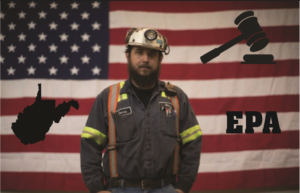 P&C drink and review a homebrewed India Pale Ale, then discuss the recent SCOTUS decision on EPA over-reach.
P&C drink and review a homebrewed India Pale Ale, then discuss the recent SCOTUS decision on EPA over-reach.
The boys do a quick review of the role of administrative agencies and their authority to regulate, and how that relates to Congressional authority to control things through legislation.
Then they look at the specific issues relating to EPA’s Clean Power Plan, where they forced coal-burning plants to reduce their emissions to levels based on a switch to natural gas.
This case illustrates a big difference between the political left and the right.
The left doesn’t care as much about legal authority if they agree with the goal. They also love to push the idea of a crisis, because when you’re in a crisis, legal authority and procedures don’t matter as much.
The right puts more of an emphasis on restraints on power and respect for legitimate authority. They don’t want government by crisis.
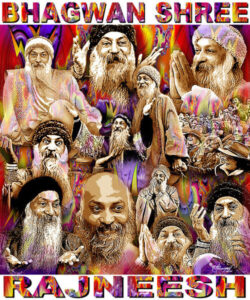 Along with special guest Longinus, P&C drink and review an IPA from the Guinness Open Gate Brewery, then discuss spiritual guru and cult leader Bhagwan Shree Rajneesh.
Along with special guest Longinus, P&C drink and review an IPA from the Guinness Open Gate Brewery, then discuss spiritual guru and cult leader Bhagwan Shree Rajneesh.  Pigweed and Crowhill, with special guest Longinus, drink and review a coffee stout from Guinness, then continue their “shortcut to the classics” series with a review of Lewis Carroll’s Alice in Wonderland.
Pigweed and Crowhill, with special guest Longinus, drink and review a coffee stout from Guinness, then continue their “shortcut to the classics” series with a review of Lewis Carroll’s Alice in Wonderland. 
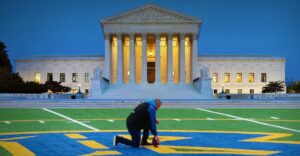 P&C drink and review “Bed of Nails” brown ale by Hi-Wire Brewing, then discuss recent decisions on the free exercise of religion.
P&C drink and review “Bed of Nails” brown ale by Hi-Wire Brewing, then discuss recent decisions on the free exercise of religion.  The boys drink and review Pigweed’s latest version of a sour beer, then discuss Bronies. That is, adult men who are obsessed with My Little Pony.
The boys drink and review Pigweed’s latest version of a sour beer, then discuss Bronies. That is, adult men who are obsessed with My Little Pony.  P&C drink and review a
P&C drink and review a 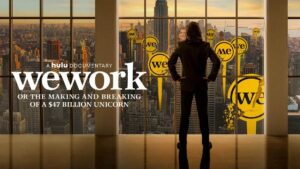 The boys drink and review
The boys drink and review 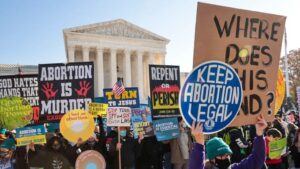 The history of abortion in America and how SCOTUS has intervened
The history of abortion in America and how SCOTUS has intervened